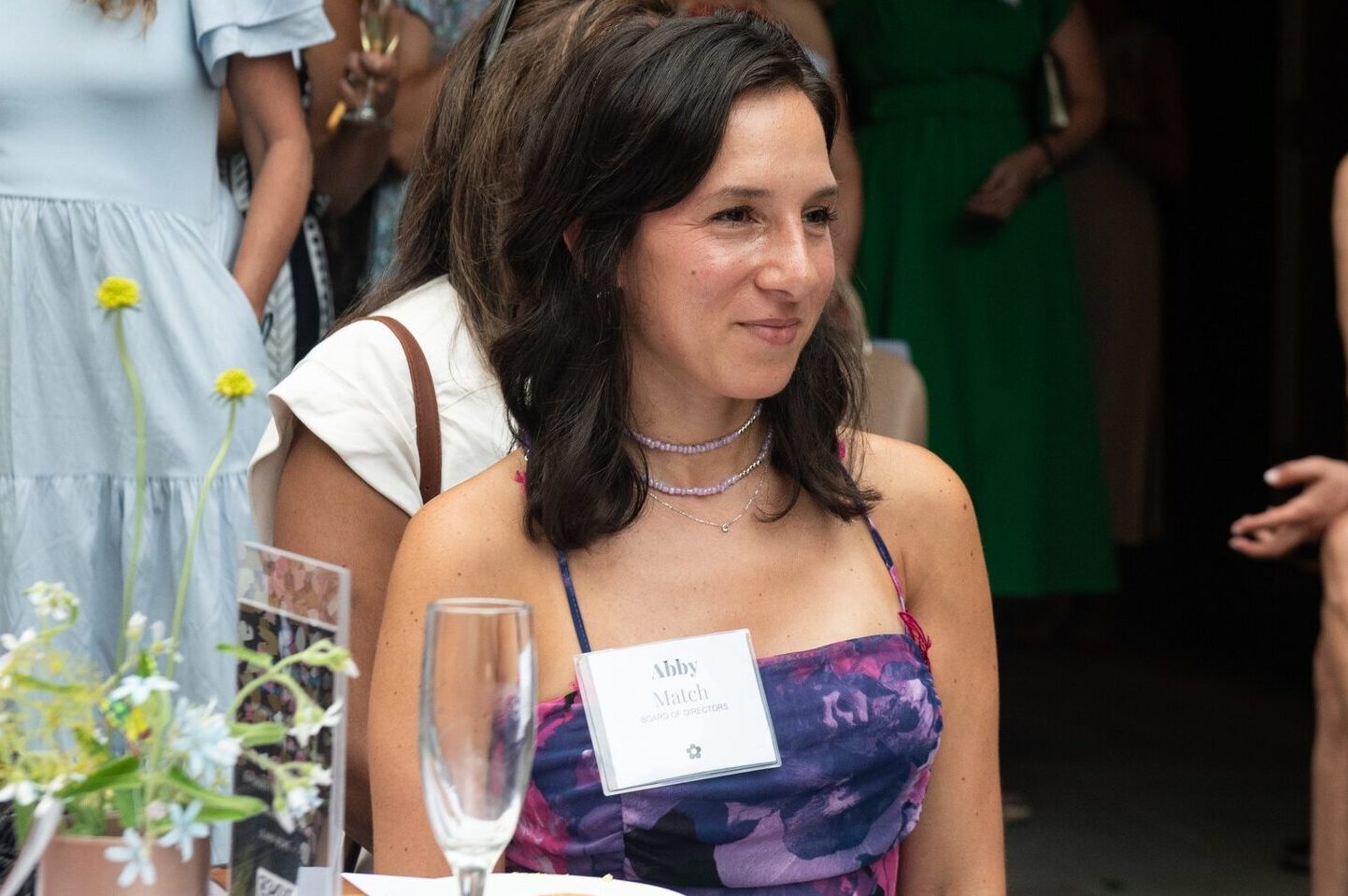How Abby’s life experiences changed her as a therapist.

I am a certified Speech-Language Pathologist (SLP) with 15+ years of experience and an expertise in Executive Functioning (EF) skills. This niche and passion of mine developed organically through my professional and personal life. I have spent most of my time servicing children and their families in Early Intervention with a lot of wins, but also met barriers to achieving success. Advocacy always came naturally for me and served me well early on in my career. I collaborated with team members to ensure children would excel inside and outside of the classroom. I went to great lengths to make sure resources and follow through were provided, in addition to what the state and county mandated. However, there were instances where I found myself working on goals outside of the mandated Individualized Education Plan (IEP) because that is what a child needed to succeed. I realized it was my goal as a therapist to help families break through any barriers to find a path to success.
Children who are labeled negatively by the “trusted” adults in their lives go on to develop negative behavioral patterns that stay with them for life. This is a problem. I have decided to be part of the solution.
Being part of the solution means I agree to look at children more deeply and have more productive relationships with the people in their inner circle (teachers, other therapists, parents, caregivers).
My advocacy went to new heights after my breast cancer diagnosis in 2020 at the age of 35 years young. The roles were suddenly reversed. I was now advocating for my own well-being. I began to share my story through different platforms because I hoped it could save someone else’s life. I worked proudly and tirelessly with organizations where I volunteered my time and fundraised to bring awareness and change in the breast cancer community. During this time, I was also facing my own cognitive difficulties post cancer treatment and often joked about “chemo brain”. Individuals with chemo brain report experiences with word finding, difficulty staying organized, impaired focus, and more. I was told that these symptoms were “normal” and would get better with time; however, I could not believe my eyes when I came across an article written by the American Speech-Language Hearing Association (ASHA), the credentialing association for my license. I was suffering silently, alongside so many, with Cancer Related Cognitive Impairment (CRCI). I learned that I could focus on improving my cognition through strengthening my EF skills. Becoming a patient allowed me to see what I needed, but also to begin the journey where I could find what the children I served needed most.
I had my “Aha!” moment in March 2024 during my time at a self-growth retreat where I focused on how my own negative patterns developed in response to emotional challenges that went unresolved. Amongst many discoveries, my school experiences created many negative patterns that continued into my adulthood. Throughout my school years, I had developed shame messages. To this day I can recall when, where, and with whom they happened. This inspired me to reconsider my future in this field. What was at the core of the emotional issues and behavioral dysregulation of the children I work with? How could my inner child relate to the children I serve today? Suddenly it hit me that my niche in Speech Language Pathology is to focus on cognitive skills by addressing executive functioning.
Doing my own inner work helped me realize how to truly help others.
My experiences as a parent, therapist, and cancer thriver afford me the opportunity to provide confident therapeutic services and dedicated advocacy for all. I will not settle for children being told they are the problem. I will not accept adults being encouraged to normalize their brain fog. There are strategies and positive outcomes for these and similar EF challenges with the appropriate consultation, evaluations, screening tools, and intervention.
